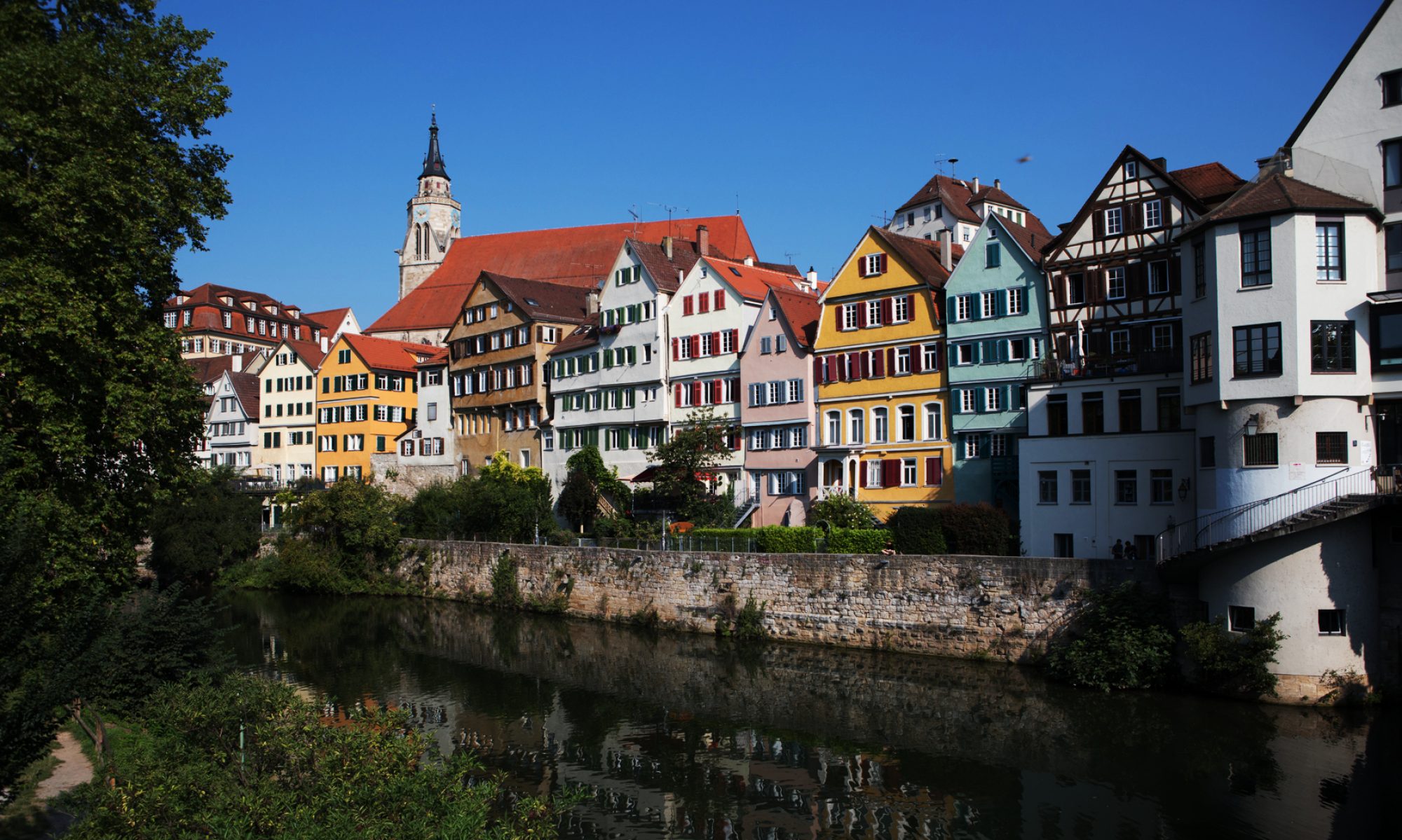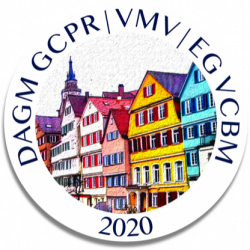
Hans-Christian Hege
Zuse Institute Berlin, Germany
Human against Virus — New Needs for Visual Computing and Visual Communication
Abstract: The fundamental lesson we have learned from the Covid 19 pandemic is that we need to take the threat posed by viruses or, more generally, by infectious disease triggers more seriously than was commonly believed. Science, politics, industry and society have responded to the threat of the SARS-CoV-2 virus in a remarkable way. Many scientific disciplines have contributed their knowledge and methods to answer the countless new questions and find suitable strategies for dealing with the virus.
Visualization, visual communication and visual computing played a very important role in this process: both in analyzing data and communicating facts, and both with experts and the general public as end users. This applies to topics like the course of the pandemic, infection control measures, therapeutic improvements as well as the search for and evaluation of drugs and vaccines. Not to mention the network-based multimedia technologies that made it possible to communicate and interact regardless of location, thus making a significant contribution to problem solving. In the lecture I will present the manifold benefits of visualization techniques and address specific new challenges that are now emerging with regard to the prevention and management of epidemics.
Bio: Hans-Christian Hege is head of the Visual Data Analysis Group at Zuse Institute Berlin (ZIB). After studying physics and mathematics, he performed research in computational physics and quantum field theory at Freie Universität Berlin (1984-1989). Then, he joined ZIB, initially as a scientific consultant for high-performance computing, and then as head of the Department Scientific Visualization (now: Visual and Data-Centric Computing), which he started to build up in 1991. His group performs research in visual data analysis and develops visualization software such as Amira/Avizo. He is also the co-founder of Mental Images (1986) – now NVIDIA Advanced Rendering Center –, Indeed-Visual Concepts (1999) – now Visage Imaging –, and Lenné3D (2005). He has taught as guest professor at Universitat Pompeu Fabra, Barcelona, and as honorary professor at the German Film School (University for Digital Media Production) / Film School Babelsberg. His research interests include visual computing and applications in life sciences, natural sciences and digital humanities. He is a member of ACM, IEEE, Eurographics (elected fellow since 2016), GI, DPG and CURAC.

Vladlen Koltun
Intel, Santa Clara, USA
Towards Photorealism
Bio: Vladlen Koltun is the Chief Scientist for Intelligent Systems at Intel. He directs the Intelligent Systems Lab, which conducts high-impact basic research in computer vision, machine learning, robotics, and related areas. He has mentored more than 50 PhD students, postdocs, research scientists, and PhD student interns, many of whom are now successful research leaders.

Jan Kautz
NVIDIA, Boston, USA
Generative Models for Image Synthesis
Abstract: Recent progress in generative models and particularly generative adversarial networks (GANs) has been remarkable. They have been shown to excel at image synthesis as well as image-to-image translation problems. I will present a number of our recent methods in this space, which, for instance, can translate images from one domain (e.g., day time) to another domain (e.g., night time) in an unsupervised fashion, synthesize completely new images, and even learn to turn label masks into realistic images.
Bio: Jan leads the Learning & Perception Research team at NVIDIA, working predominantly on computer vision and machine learning problems — from low-level vision (denoising, super-resolution, computational photography), geometric vision (structure from motion, SLAM, optical flow) to high-level vision (detection, recognition, classification), as well as fundamental machine learning algorithms. Before joining NVIDIA in 2013, Jan was a tenured faculty member at University College London. He holds a BSc in Computer Science from University of Erlangen-Nürnberg (1999), an MMath from the University of Waterloo (1999), received his PhD from the Max-Planck-Institut für Informatik (2003), and worked as a post-doc at the Massachusetts Institute of Technology (2003-2006).

